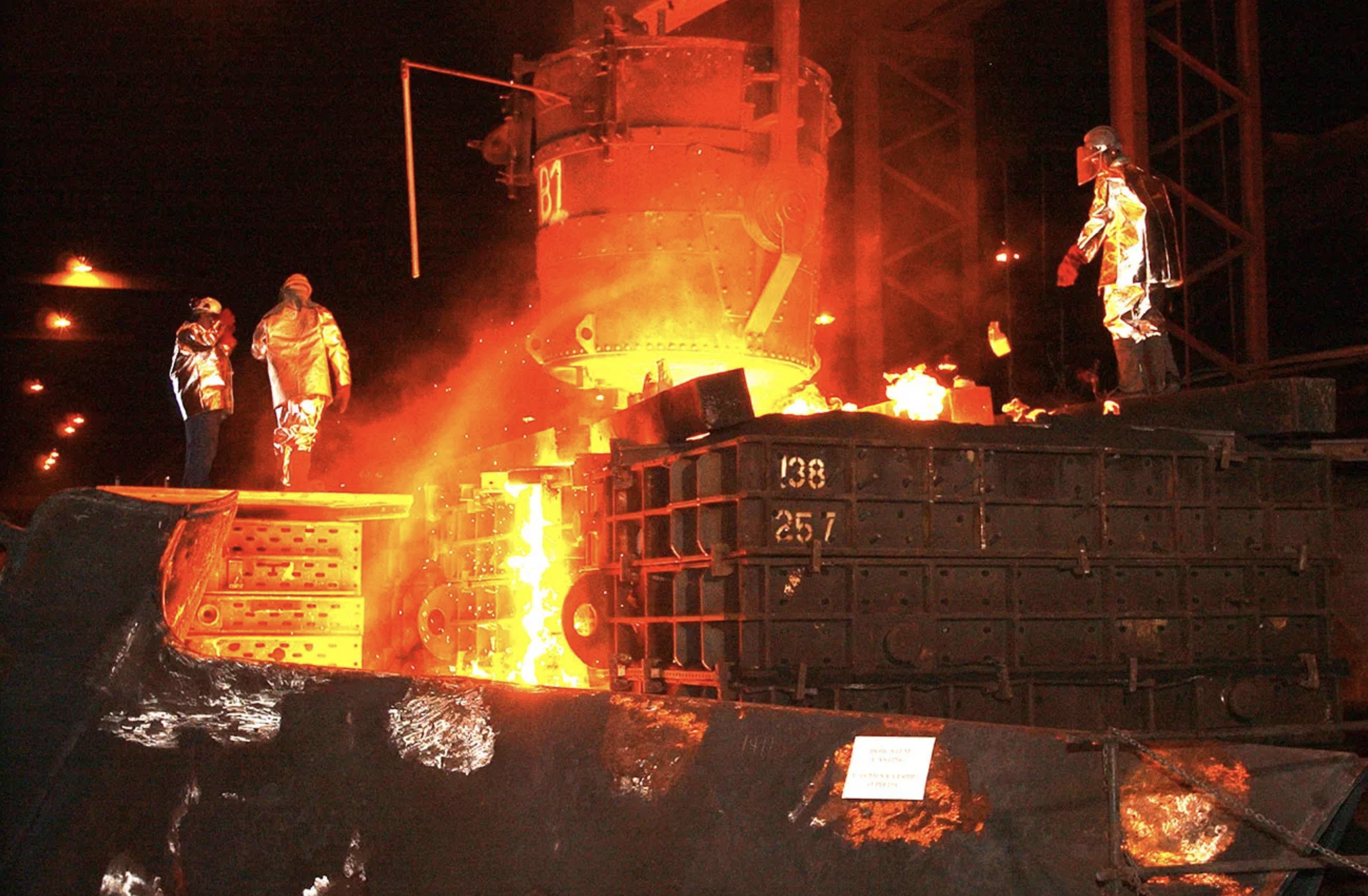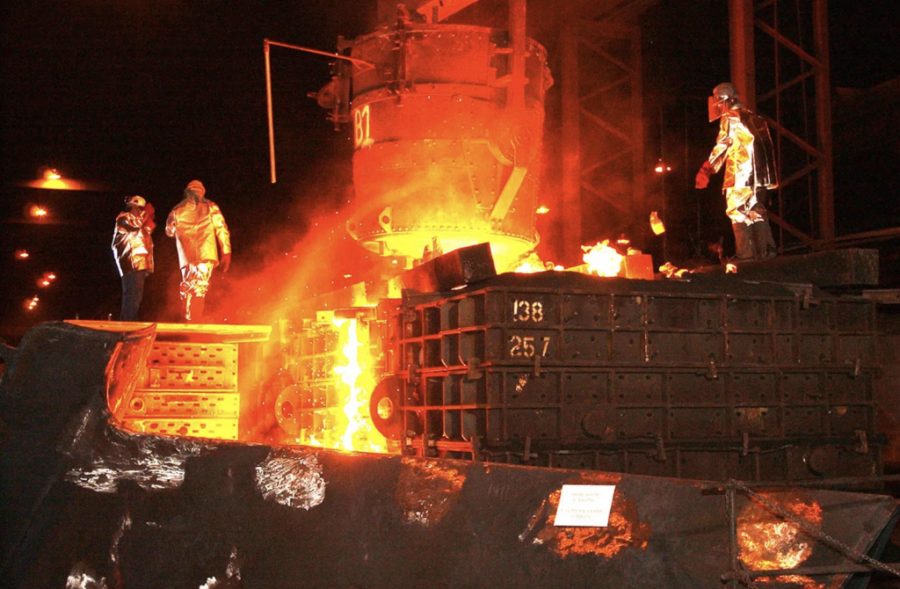Brazilian miner Vale together with China’s Baowu Steel and Xinhai Technology are jointly investing in a nickel pig iron (NPI) project in Indonesia.
NPI is low-grade ferronickel invented in China as a cheaper alternative to pure nickel for the production of stainless steel.
Baowu, the parent company of China’s second-biggest stainless steelmaker, Tisco, will first establish a joint venture with Chinese NPI maker Xinhai, and then set up a second joint venture with Vale Indonesia, with the latter holding 49 per cent of the shares, while the Chinese companies split the remaining 51 per cent.
“Vale and Xinhai Technology are outstanding enterprises with important influence in their respective industries,” said Baowu’s chairman Derong Chen, adding that he hoped the joint venture would help to build a low-carbon, high-tech and high-efficiency steel ecosystem.
The joint venture will be located in Morowali on the Indonesian island of Sulawesi and has a target production capacity of 73,000 tonnes of NPI per year on a nickel-content basis via eight rotary kiln electric furnaces.
The project will use natural gas-fired power stations to provide energy for the smelter, to reduce carbon emissions by 60 per cent.
China’s domestic stainless steel prices recently rose to their highest in four-and-a-half years, topping US$18,000 a tonne, while NPI prices have increased for the past three weeks due to strong demand from high production levels at stainless steel mills.






